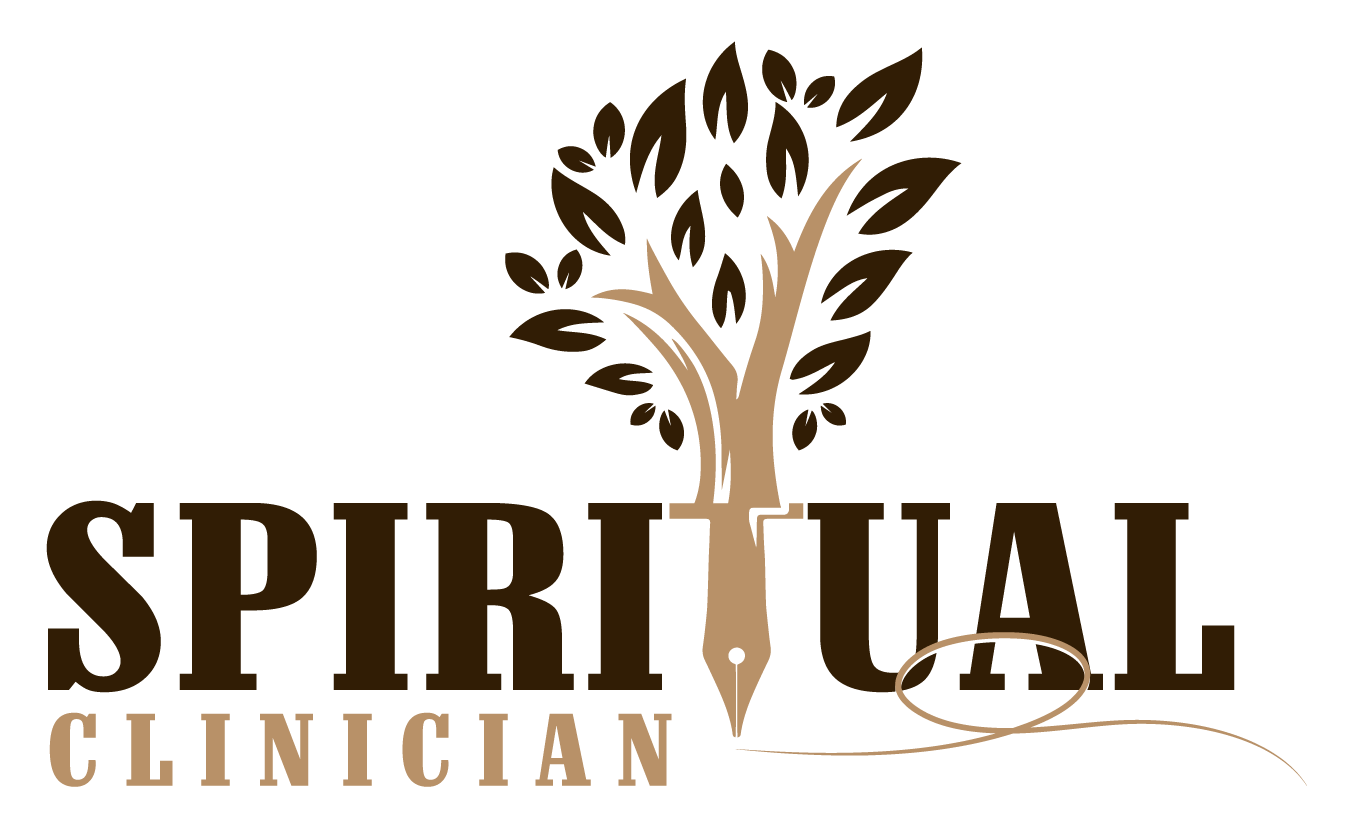The shake-up in citizen’s minds over the public ineptitude in last week’s presidential debate brings out a major flaw in our American election processes: We almost totally ignore character as a qualification of persons for president (and Congresspersons as well). In that recent debate, an aging candidate got massive critique for his feeble public presentation, while his inveterate misrepresenter-of-facts opponent celebrated a win.
Where is any consideration at all about the character of whoever will lead the free world?
If your teenage son were to get caught in a lie about something significant at his job sweeping floors at a hardware store or fast food restaurant, he would very likely be fired on the spot. If a physician is caught lying about a medication error more than a few times he can lose his license. Making a major mistake is one thing, making foolish mistakes in facts under pressure is another. But intentionally intending to deceive is something altogether different. And doing so as a pattern is even more egregious. How does a person who blasts out obvious misrepresentations one after another, about 30 in 90 minutes as fact-checked by experts, continue on in a presidential election? There are at least three answers.
The first answer is that there are no standards of character for our top politicians to be elected. Similarly, there is no code of ethics for the U.S. Supreme Court, and that now begins to emerge as a problem. And a member of the House of Representatives was recently found to be boldly lying about his credentials for being there. As a nation, we have lost outrage at having the truth trashed before our eyes!
Honoring the truth is just one characteristic necessary in a top politician, and it needs scrutiny in all of those who purport to lead at the top. Surely it is time to shore up this lack.
The second reason nobody stops a massive deceiver at the top level of government is that the people have almost no say in who gets put up for national elections. Nearly a quarter of random responders to a recent national poll indicated that they won’t vote for either of these presidential debaters because they are so flawed, one in natural aging and the other in lack of any semblance of careful, accurate communication in his character at this point in his life.
The debate on June 27 this year almost demands that we citizens insist on changes in our election processes that include appraising character as one component of election systems. In conjunction with state legislatures, state election boards could devise a serious remedy for that increasingly obvious defect. There are proposals for radically altering the way political parties have configured and continue to manage our election processes. Can’t we try one of those proposals, and then another, until we find a better way?
A third reason there is no consequence for grossly and repeatedly telling lies by a presidential candidate is that society does not know that character can now be assessed by observation, direct encounter, and confrontation.
My 2024 book, Assessing the CHARACTER of Candidates for National Political Office: In Search of a Collaborative Spirit, shows how to think about character, and act with careful observation and use of the secular terminology of virtue to assess it in anybody who aspires to become a candidate for national office. The book provides a host of questions to be used to directly challenge candidates about twenty specific aspects of their character.
Imagine a small group of six solid citizens from various social roles and professional disciplines – perhaps an award-winning high school teacher of history or political science; a front-line Bachelor’s degree nurse; a large company CEO or personnel director; an active addictions counselor; a group psychologist or clinical educator; and an experienced night shift policeman, sitting with one potential candidate at a time, for four hours of small, process group sessions, challenging them about various aspects of their character.
Now imagine them moving the group topics from one essential virtue to another, having been coached and instructed about the virtues that make up a quality top government official. They are not discussing. They are challenging, even sometimes confronting in the best sense of that word – (from the French, con meaning either with or against, and frons, meaning face), standing face to face willing to be honest. That would be a difficult group to fool for very long.
Imagine them listening carefully, and afterward discussing and writing a confidential report about the state of the potential candidate’s apparent integrity, fortitude, dedication to humanity (rather than to their careers, their power, or their own financial bottom line), broad understanding of at least a few of their diverse constituents’ lives and cultures, knowledge of the three branches of a democracy’s government and how they would work to collaborate with others to use those branches well, temperance of their human proclivities for greed, hostility, and mood altering substances, calm patience and restraint in the face of beleaguering criticism and obstructionism, and a few other characteristics it takes to be a real and competent adult at important times.
The language of virtue has emerged from centuries of observant citizens asking themselves and one another “What Is wrong with our leaders?” and then writing about that. Lying about another person in a serious matter, for example, was punishable by death in the Hammurabi Code around 1750 BC! It has long been recognized, by thinkers like Moses (most likely in his consultation groups of elders gathering at the city gates) in the Ten Commandments, and Confucius in China several centuries later.
Lying erodes public trust as surely as anything else. It is ruining ours. We citizens could insist on it stopping today at the top levels of government.
What would it take to follow the long road to getting character assessment groups established in the election processes of all fifty states as a first step to running for national office? A lot of work, humility, fortitude, savvy, collaboration, and dedication to that task. But can we refuse to embark on the first step of that journey of a thousand miles?
Gordon J Hilsman is a retired clinical educator now living with his wife of 44 years in the Pacific Northwest. He is the author of Assessing the CHARACTER of Candidates for National Political Office: In Search of a Collaborative Spirit and can be reached at [email protected], www.spiritualclinician.com, and www.gordonjhilsman.com.


